Eco Club takes an immediate stand on The Willow Project
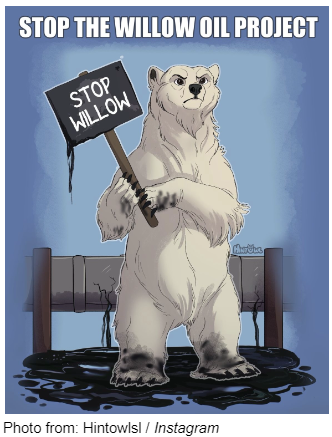
Through signing letters to legislators and representatives in Washington D.C., Portsmouth High School’s student-led Eco Club is planning to voice its dissent over the endorsement of the Willow Project in Alaska this month.
The Willow Project is a massive and decades-long oil drilling venture on Alaska’s North Slope in the National Petroleum Reserve, which is currently owned by the federal government.
The project was first proposed by ConocoPhillips, an American multinational energy corporation in 2017. It proposes to construct drilling pads, pipelines, and other infrastructure to extract and transport oil and gas from the “oil haven” region.
According to CNN’s Ella Nilsen,” The project would generate enough oil to release 9.2 million metric tons of planet-warming carbon pollution a year – equivalent to adding 2 million gas-powered cars to the roads.”
These stats have sparked national disapproval, lots of which are brewing here inside our school.
Ms. Hannah Dul, Eco Club’s recently appointed advisor, calls the project a threat to our planet. “We are talking about our future, if we say we need to move towards renewable sources, yet continue opening more environment-threatening oil fields, are we really doing anything?” said Dul.
She strongly believes in the power of student voices, and greatly admires the concern the students displayed after hearing the approval of the project.
However, the question is whether signing letters can be a powerful tool for communicating concerns and opinions to elected representatives.
Jillian Richmond, a student and board member of Eco club, strongly advocates for the use of signing letters. She believes it provides an opportunity for students to express their viewpoints, and to make their voices heard on issues that matters to them.
An example Richmond talked about was that in 2017, a proposed healthcare bill known as the American Health Care Act (AHCA) faced significant opposition from constituents who feared that it would result in millions of people losing their health insurance. Many individuals and groups sent letters and made phone calls to their representatives to express their concerns.
She agrees that the high volume of opposition received by representatives played a significant role in the eventual failure of the bill to pass in the Senate.
Ben Doyle, another board member of the Eco club, insists that opposing harmful decisions can help protect and promote the well-being of our society. “By doing so, we can ensure that everyone’s interests and needs are considered, and policies are created with the aim of benefiting as many people as possible. We all have a role to play in standing up for what’s right and protecting the common good,” said Doyle.


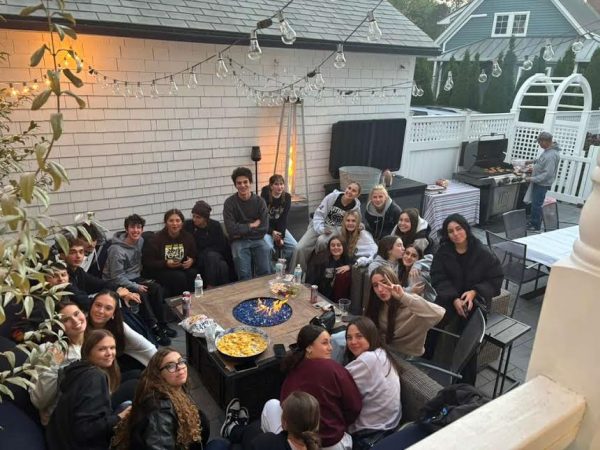
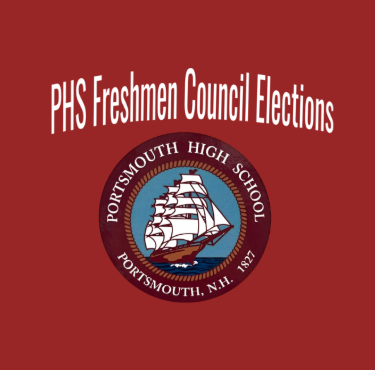
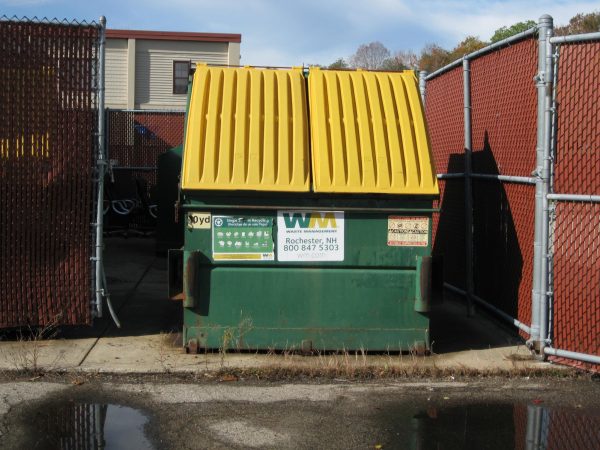
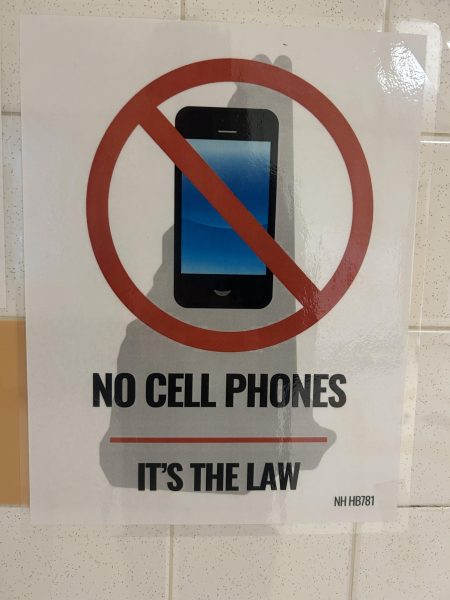
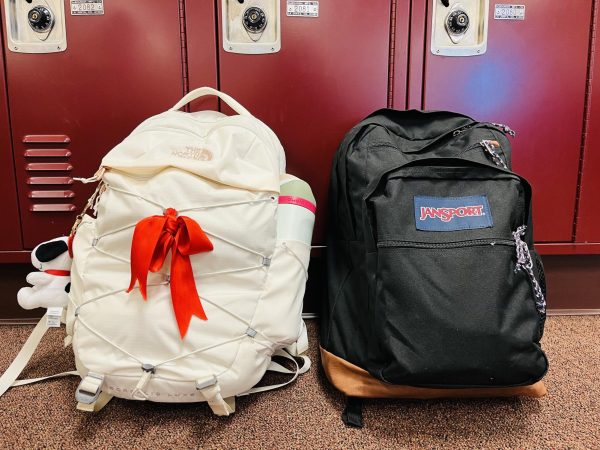
Diana • Mar 27, 2023 at 10:08 am
Really good points!! If you start an online petition against the Willow project please share it out to the community, parents, and guardians.